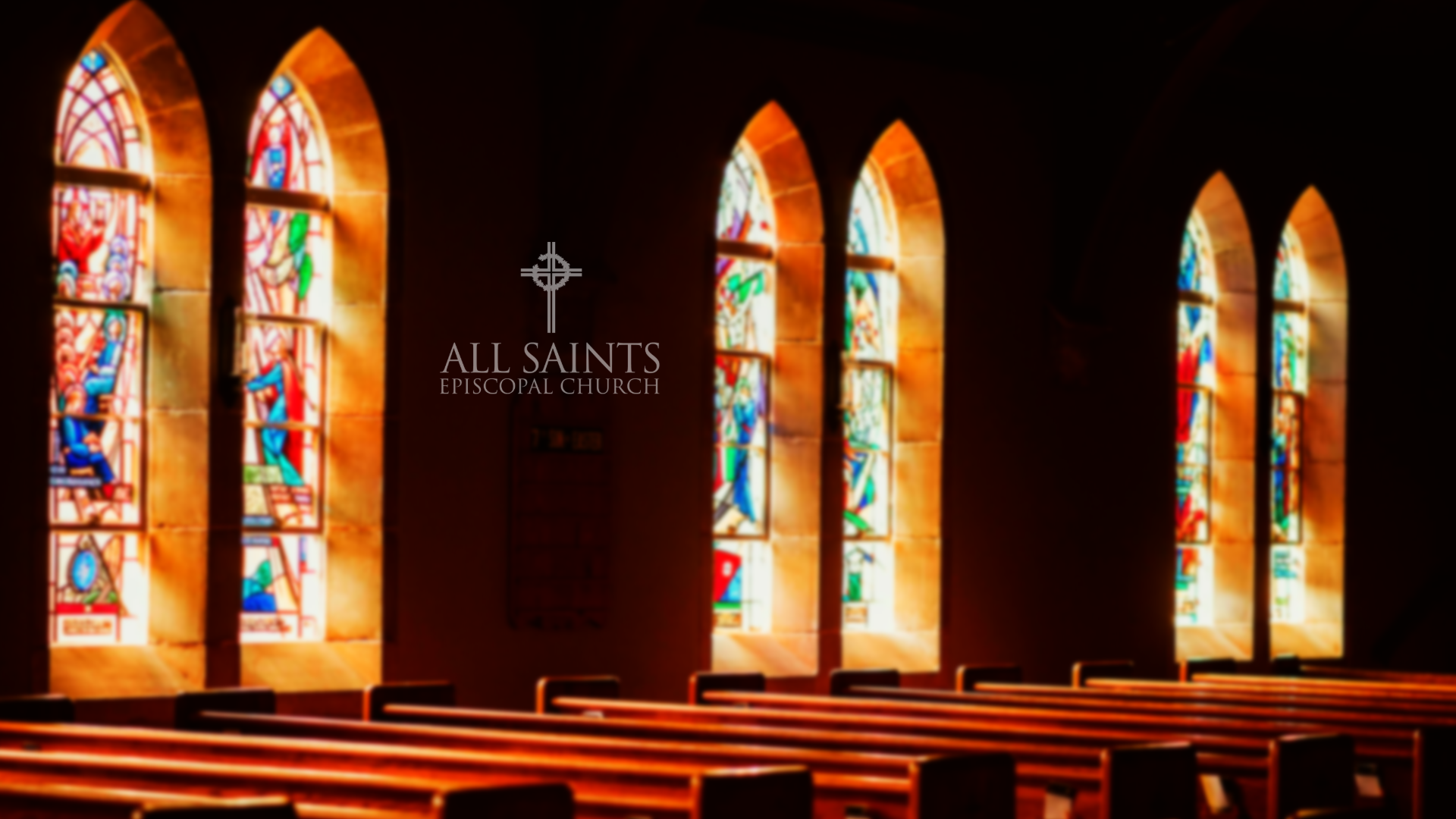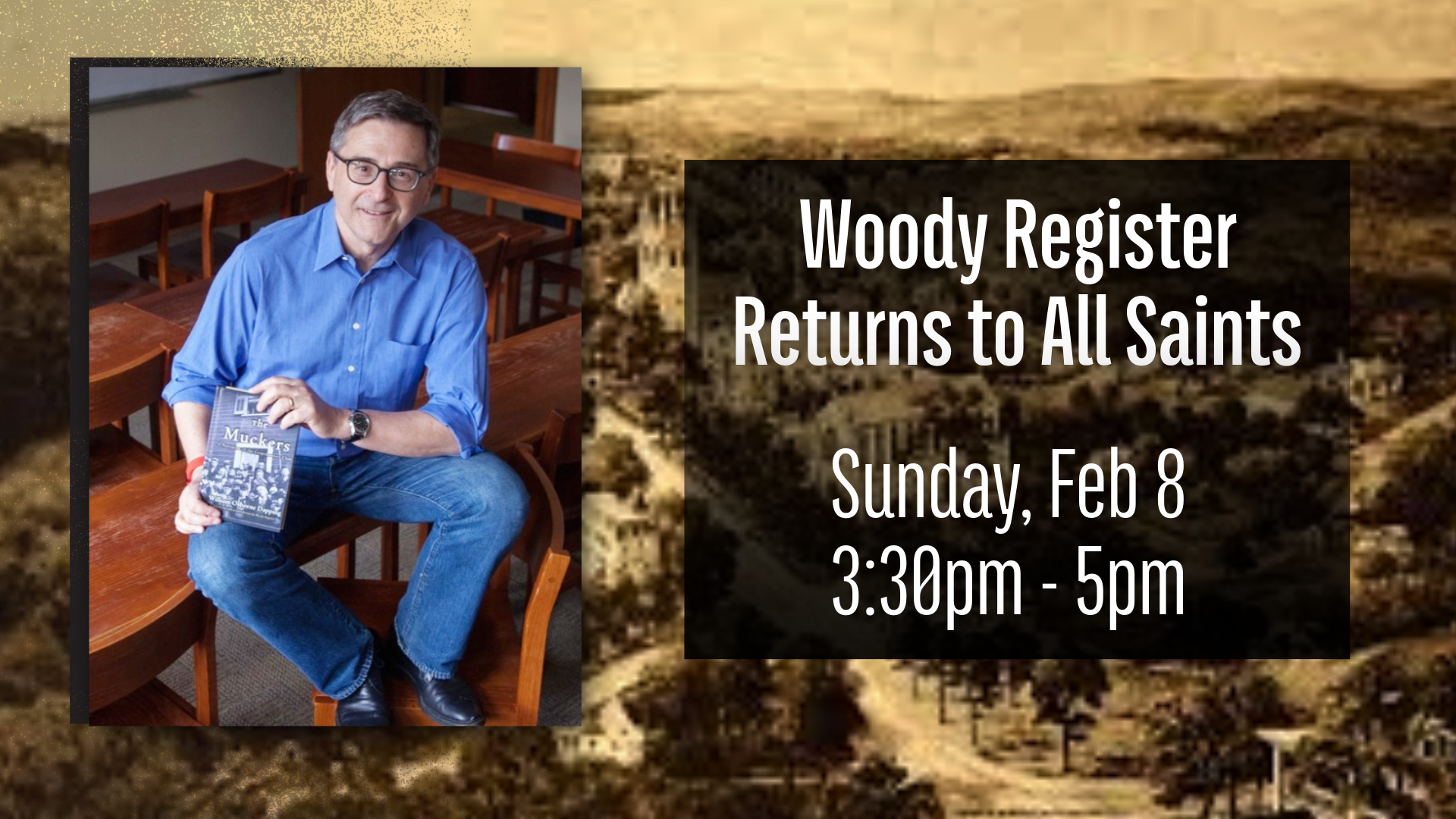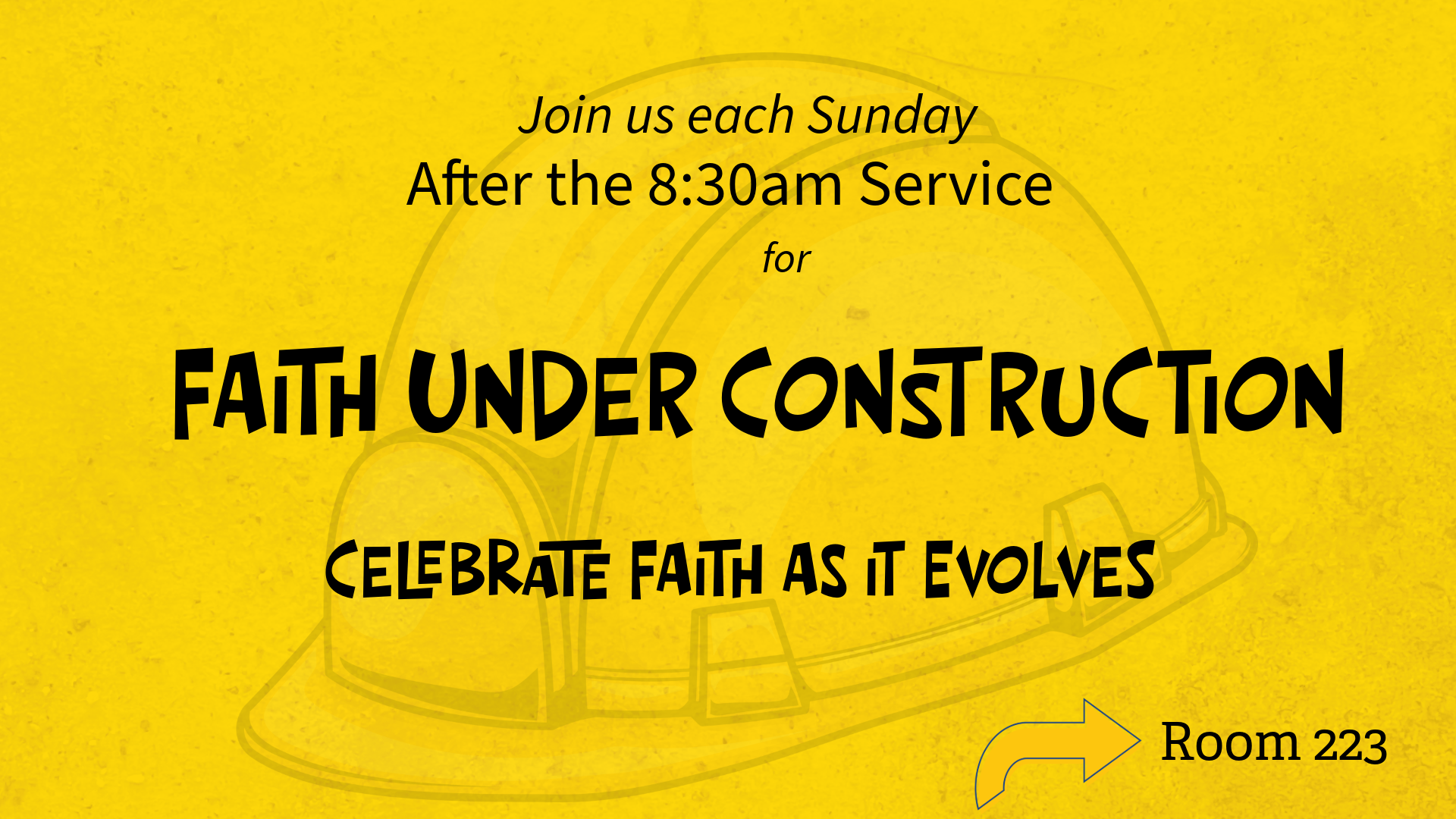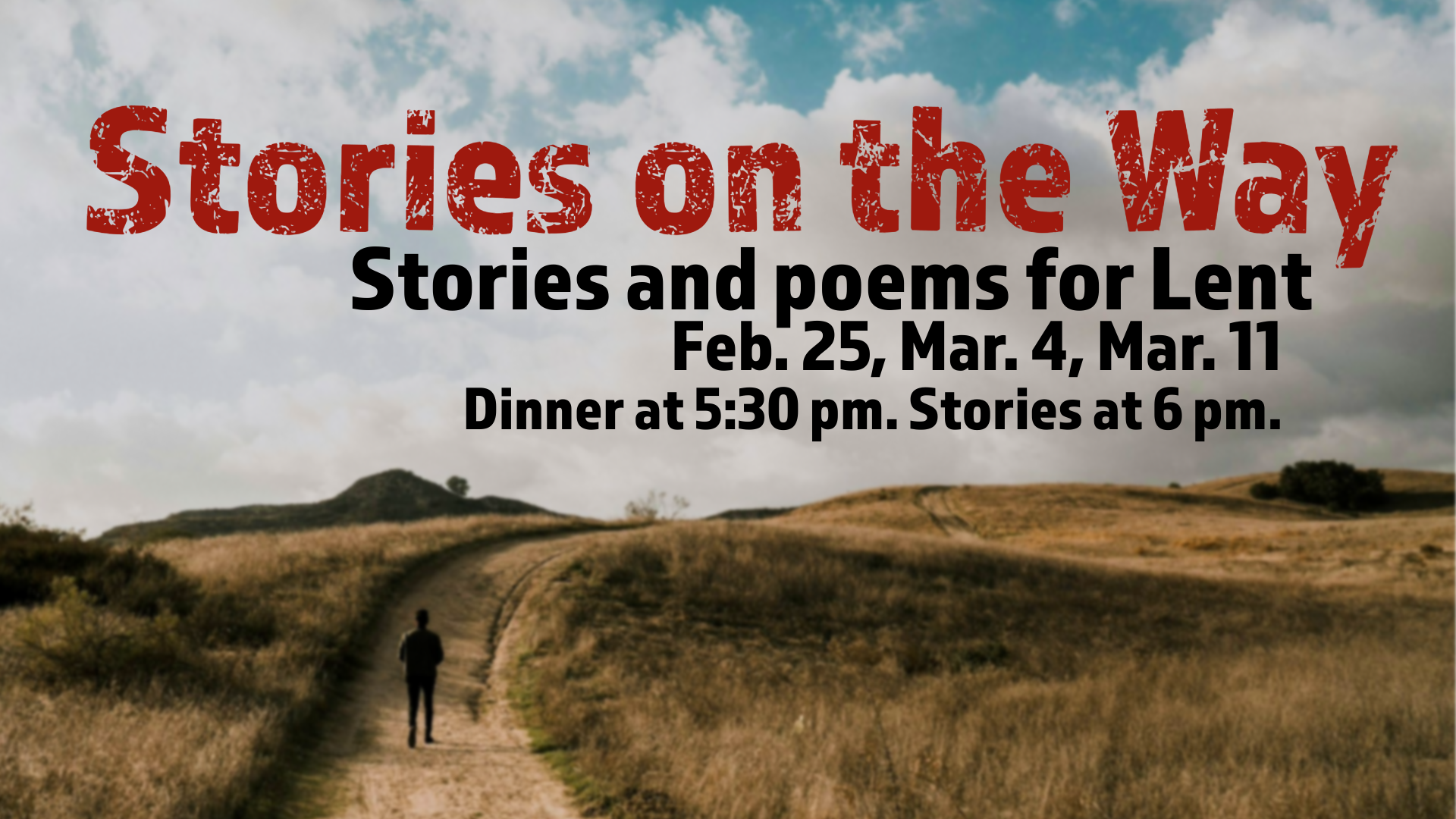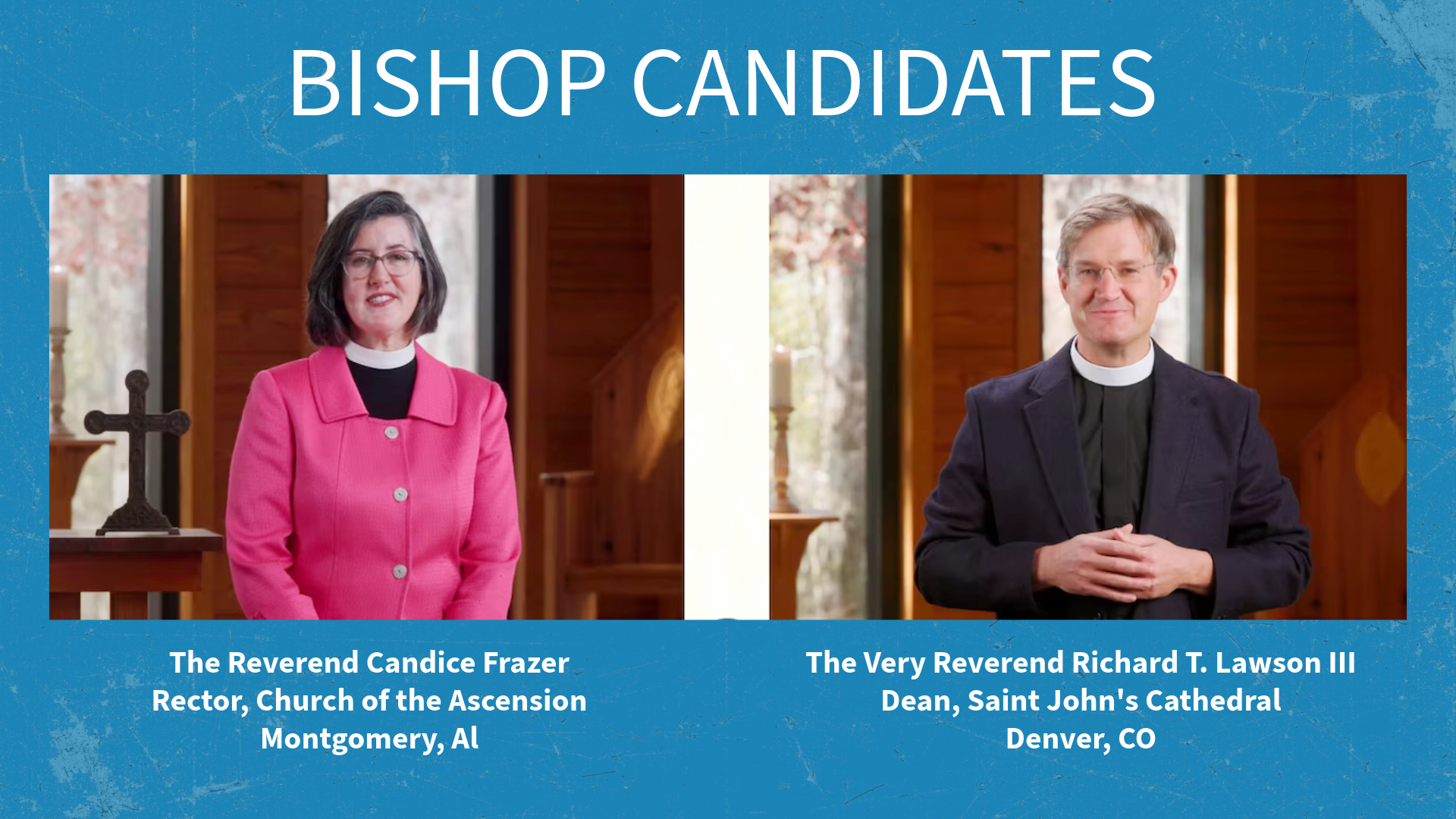Woe to the rich?
My clergy colleague the Rev. Mark Lycos shared a story in a recent sermon that resonated with me. It comes from surgeon general Dr. Vivek Murthy’s 2020 book Together: the Healing Power of Human Connection in a Sometimes Lonely World. In his book, Dr. Murthy tells the story of a patient named James who came to him with various common health concerns including diabetes and high blood pressure. But what was remarkable was what James told Dr. Murthy during his examination. He said, “Winning the lottery was one of the worst things that ever happened to me.” How could that be? Don’t we all believe our lives would be better if we had lots of money. But clearly this man had come to realize that his health had been damage by that so-called “lucky” turn of events. You see, prior to winning the lottery, James had been a baker. He loved his work and enjoyed the companionship of his co-workers. After winning the lottery, he retired and moved to a big house in a secluded neighborhood where people kept to themselves. He ate whatever he wanted, gained weight, and developed diabetes. His isoloation led to depression, and he soon found himself taking a long list of medications. Dr. Murthy realized that his main illness was loneliness. We’ve long known that a lack of social connections is bad for your emotional and mental health, but now medicine is learning that it’s bad for your physical health, too. Many even say we’re facing a loneliness epidemic, which has only been made worse by the Covid pandemic.
We know that some of this epidemic is the result of our highly technological age. As is so often the case, technology is a mixed blessing. It empowers us and even connects us across great distances. I was on a few Zoom meetings this week with people in distant cities. In fact, Martha Bains joined the Wednesday Rector’s Bible Study from London. How cool is that? We were having our morning coffee, but since it was 4:00 or 5:00 in the afternoon there, I suggested she go pour herself a Scotch. She reminded me that their trip was sponsored by Samford- no Scotch allowed in the house. Of course, in other ways technology isolates us. Whereas in the past, I might have borrowed a tool from a neighbor and chatted for a while face to face, these days I’m more likely to make a few click on Amazon and have sent to my doorstep with no human contact.
We don’t have to be lottery winners to discover that our abundance of material things comes at a cost. Possessions and wealth have a way of separating us from others and isolating us. Though he lived in a much simpler time, Jesus knew this to be true. His teaching was countercultural, even shocking, to those who gathered to listen to him that day. “Blessed are you who are poor, for yours is the Kingdom of Heaven. But woe to you who are rich, for you have received your consolation.”
This passage is often called the Sermon on the Plain as opposed to the Sermon on the Mount, which we find in the Gospel of Matthew because it begins with Luke telling us that Jesus came down and stood on a level place. And the location of the speech is not the only difference. Here Jesus doesn’t say blessed are the poor in spirit, he says blessed are the poor. He doesn’t say blessed are those who hunger and thirst for righteousness. He says blessed are those who are hungry now. You might say that the Sermon on the Plain is more down to earth. Jesus is addressing those who are suffering in this world and at this moment.
Unlike Matthew, Luke also includes a list of woes addressed to those who are happy by worldly standards, those whose lives are marked by wealth, full bellies, laughter, and admirers. The woes emphasize the surprising reversals we discover in God’s Kingdom. It turns out that what God values is usually very different from what the world values. As we continue reading from the Sermon on the Plain next Sunday, we’ll hear Jesus proclaim some of his most famous and yet most difficult teachings: “Love your enemies. Bless those who curse you. Turn the other cheek. Judge not, lest ye be judged.” And the Golden Rule: “Do unto others as you would have them do unto you.” Followers of Christ have been struggling with these teachings from the beginning.
Though we are all perhaps rich by Jesus’ standards, I know that even members of this congregation have experienced poverty and food insecurity at some point in their lives. And all of us have wept with grief at some point in our lives. When you are going through hard times, you sure don’t feel blessed. And yet, sometime we look back on our struggles and realize there was a strange gift hidden in the middle of them. So I think there are two basic ways to look at the beatitudes. We can view them as wisdom for this life, and we can view them as wisdom for the life to come, that is, life in the Kingdom of God.
So from the perspective of ordinary life in this world, how is it that the poor, hungry, and persecuted are blessed, while the rich and powerful will suffer woe? First, Jesus is reminding us that life is transitory. Whatever our circumstances are now, things will change. Kind of like the weather in Alabama. If all is going well, you’ve got nowhere to go but down. And when you’ve hit the bottom, you’ve got nowhere to go but up. Furthermore, when everything is going well, it is easy to become isolated and desensitized to the needs of others. You don’t really need other people. It’s possible to move from being self-sufficient to being self-satisfied and self-centered. And that is recipe for unhappiness.
But when we live humbly, trusting God to provide what we really need, when we are willing to work hard and make sacrifices, when we treat others with kindness and are generous with our resources, when we are grateful for what we have, and not always comparing ourselves to those who have more, then we discover what it means to be happy.
It’s not that the rich are inherently bad or the poor inherently good. It’s just that when you have less, you can’t pretend you have no need of others. What matters is what’s in a person’s heart. What matters is what we make of the situation we find ourselves in. Do we add to the world’s misery or do we lessen it. Do we bring joy to others? Or do we get joy at the expense of others?
And so there is value in this world in following the teaching of Jesus. Yes, we will suffer for it, but then again, no life is free from suffering. No, not even the rich and famous get through life without struggles. If anything, their problems just get bigger. The reality is that life is bittersweet. There are joys and sorrows for all of us. The question is how do we find meaning in our joys and sorrows? And do those joys and sorrows lead us closer to God or further from God?
And that’s why these difficult teachings of Jesus are not just about making the world a better place here and now. As Paul, writes to the Corinthians, “If for this life only we have hoped in Christ, then we are of all people most to be pitied.” Jesus’ teaching has an eternal dimension. The beatitudes are about life in the Kingdom of God, a kingdom that is both a present reality and yet not fully realized. In the scope of eternity, our lives are but a mist that appears for a little while and then vanishes, as the Book of James puts it (James 4:14). That doesn’t mean poverty, hunger, grief, and persecution inconsequential. It doesn’t mean we don’t have an obligation to relieve the suffering of our fellow human beings. What it means is that nothing is lost or wasted in God’s economy. Every tear that fall from our eyes is treasured by God. More than that, if we truly believe in an incarnate God, then we can say that God cries with us. And God will redeem our tears of grief with tears of joy.
Christ invites us to get to know our own poverty, our own hunger, our own sorrow and persecution, not so that we can wallow in self-pity, but so that we might grow in compassion for others. If we only see ourselves as more fortunate than others, we may fail to see the blessings that the poor have to give to us. In God’s kingdom all the children are beloved. And all the children have something to share. In God’s Kingdom we have all we need in abundance.
The key to understanding the beatitudes is recognizing that the one who was crucified in weakness was raised in glory. Each one of those “blessed are you’s” is followed by a promise. When we see life through the lens of Christ’s death and resurrection, then these seemingly illogical values make perfect sense. We begin to see that the kingdom that Jesus proclaims is not some far off place and time, but right here in the midst of us. But to see it requires a shift in how we look at the world. It challenges us to look beyond the grave to a resurrected life and to live as resurrected people here and now.
More Announcements
